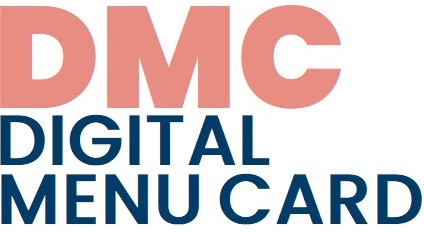How can we prepare young people for the future, what do we need to do as educators and teachers to not only teach effectively, but also to develop students’ professional and transversal competences? What methods can we use to motivate young people to take responsibility for their own knowledge and development?
There are many different ways and methods of developing competences. From a practical point of view, motivational teaching methods (games, group work, exploration, discussion, projects) play an important role in competence development. Game-based and inquiry-based learning, creating a safe learning environment, fostering interaction and collaboration are significant innovations in teaching methods and learning organisation, with a focus on the strengths of students’ personalities and their active participation.
The reform of education and training involves a new type of relationship between the teacher and the learner, new strategies for teaching and knowledge acquisition, more effective methods, forms and tools that also influence effectiveness. The following learner-centred, active learning/teaching methods are recommended to enrich teachers’ methodological toolbox.
